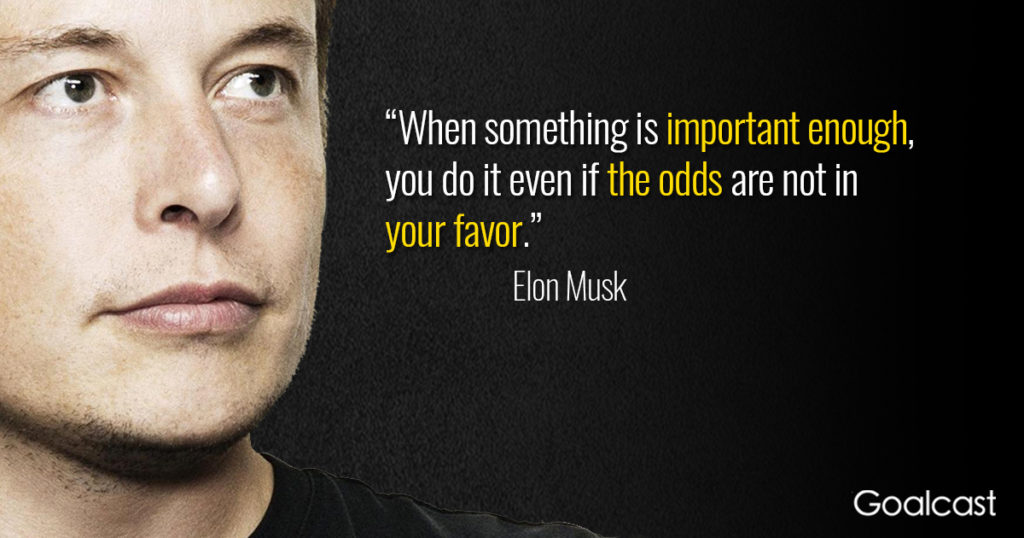
"Eisenhower Decision Matrix"
(A Simple and Powerful Tool for Prioritizing Your Time ⏳)
🧵 Thread Time: 👇
(A Simple and Powerful Tool for Prioritizing Your Time ⏳)
🧵 Thread Time: 👇

The Eisenhower Decision Matrix is a powerful tool for prioritizing your time and unlocking growth in your career, startup, business, relationships, or life.
A thread on how it works and how it can change your life:
A thread on how it works and how it can change your life:
Dwight D. Eisenhower was an American military officer and politician.
He was a five-star general in the United States Army and the first Supreme Commander of NATO.
After his military career, he was elected as the 34th President of the United States, serving from 1953 to 1961.
He was a five-star general in the United States Army and the first Supreme Commander of NATO.
After his military career, he was elected as the 34th President of the United States, serving from 1953 to 1961.
In both his military and civilian careers, Eisenhower stood out for his prolific productivity.
His secret?
Eisenhower observed that people often confuse the urgent with the important. He did not.
"What is important is seldom urgent and what is urgent is seldom important."
His secret?
Eisenhower observed that people often confuse the urgent with the important. He did not.
"What is important is seldom urgent and what is urgent is seldom important."
The Eisenhower Decision Matrix is a visualization tool that forces you to differentiate between the urgent and the important.
It allows you to prioritize your time accordingly and unlock new productivity and growth.
Let's cover the basics of how it works:
It allows you to prioritize your time accordingly and unlock new productivity and growth.
Let's cover the basics of how it works:
First, we have to define "urgent" and "important."
An "urgent" task is one that requires immediate, focused attention.
An "important" task is one that promotes or furthers your long-term values, goals, or principles.
Remember: Tasks can be both urgent and important.
An "urgent" task is one that requires immediate, focused attention.
An "important" task is one that promotes or furthers your long-term values, goals, or principles.
Remember: Tasks can be both urgent and important.
The Eisenhower Decision Matrix was popularized by
@StephenRCovey
in The 7 Habits of Highly Effective People.
It is a square with four quadrants:
(1) Important & Urgent
(2) Important & Not Urgent
(3) Not Important & Urgent
(4) Not Important & Not Urgent
Let's cover each one:
@StephenRCovey
in The 7 Habits of Highly Effective People.
It is a square with four quadrants:
(1) Important & Urgent
(2) Important & Not Urgent
(3) Not Important & Urgent
(4) Not Important & Not Urgent
Let's cover each one:

Quadrant 1: Important & Urgent
These are the tasks that are both important and urgent.
They require immediate, focused attention, but also contribute to our long-term vision, goals, or principles.
These are "do right now!" tasks.
These are the tasks that are both important and urgent.
They require immediate, focused attention, but also contribute to our long-term vision, goals, or principles.
These are "do right now!" tasks.
Quadrant 2: Important & Not Urgent
These are the tasks that are important to your growth but are not very urgent.
Quadrant 2 tasks are your compounders - the tasks that compound long-term value in your life.
This is where you should try to spend most of your time and energy.
These are the tasks that are important to your growth but are not very urgent.
Quadrant 2 tasks are your compounders - the tasks that compound long-term value in your life.
This is where you should try to spend most of your time and energy.
Quadrant 3: Not Important & Urgent
These are the tasks that are not important, but they are urgent and require attention.
Quadrant 3 tasks are the "beware" category - the tasks that can drain time and energy without contributing to our end goals.
These are tasks to delegate.
These are the tasks that are not important, but they are urgent and require attention.
Quadrant 3 tasks are the "beware" category - the tasks that can drain time and energy without contributing to our end goals.
These are tasks to delegate.
Quadrant 4: Not Important & Not Urgent
These are the tasks that are neither important nor urgent.
These are the mindless activities like TV and social media that sap our productivity.
Limit your time on these.
(Note: If they help you recharge, they may be "important" for you)
These are the tasks that are neither important nor urgent.
These are the mindless activities like TV and social media that sap our productivity.
Limit your time on these.
(Note: If they help you recharge, they may be "important" for you)
The goal?
Spend more time on important tasks that further your long-term values, missions, goals, and principles.
In Eisenhower Decision Matrix terms, the goal is to manage Quadrant 1, spend much more time in Quadrant 2, and spend much less time in Quadrants 3 and 4.
Spend more time on important tasks that further your long-term values, missions, goals, and principles.
In Eisenhower Decision Matrix terms, the goal is to manage Quadrant 1, spend much more time in Quadrant 2, and spend much less time in Quadrants 3 and 4.

To leverage the Eisenhower Decision Matrix in your life, start by identifying what is important to you.
What are your long-term goals? What principles and values do you want to build towards?
Then try planning and executing a week (or day!) of tasks according to the matrix.
What are your long-term goals? What principles and values do you want to build towards?
Then try planning and executing a week (or day!) of tasks according to the matrix.
If you're interested in further resources on the topic of decision-making and The Eisenhower Matrix, I recommend the resources below.
It covers over 100 mental models that you can use in your day to day life:
gumroad.com/a/1036448883/A…
It covers over 100 mental models that you can use in your day to day life:
gumroad.com/a/1036448883/A…
🔸 Thanks for reading.
🔸 If you find this thread valuable follow me ( @wise_chimp ) for more content like this.
🔸 And retweet the first tweet to share with others:
🔸 If you find this thread valuable follow me ( @wise_chimp ) for more content like this.
🔸 And retweet the first tweet to share with others:
https://twitter.com/wise_chimp/status/1374022565052747778
• • •
Missing some Tweet in this thread? You can try to
force a refresh







